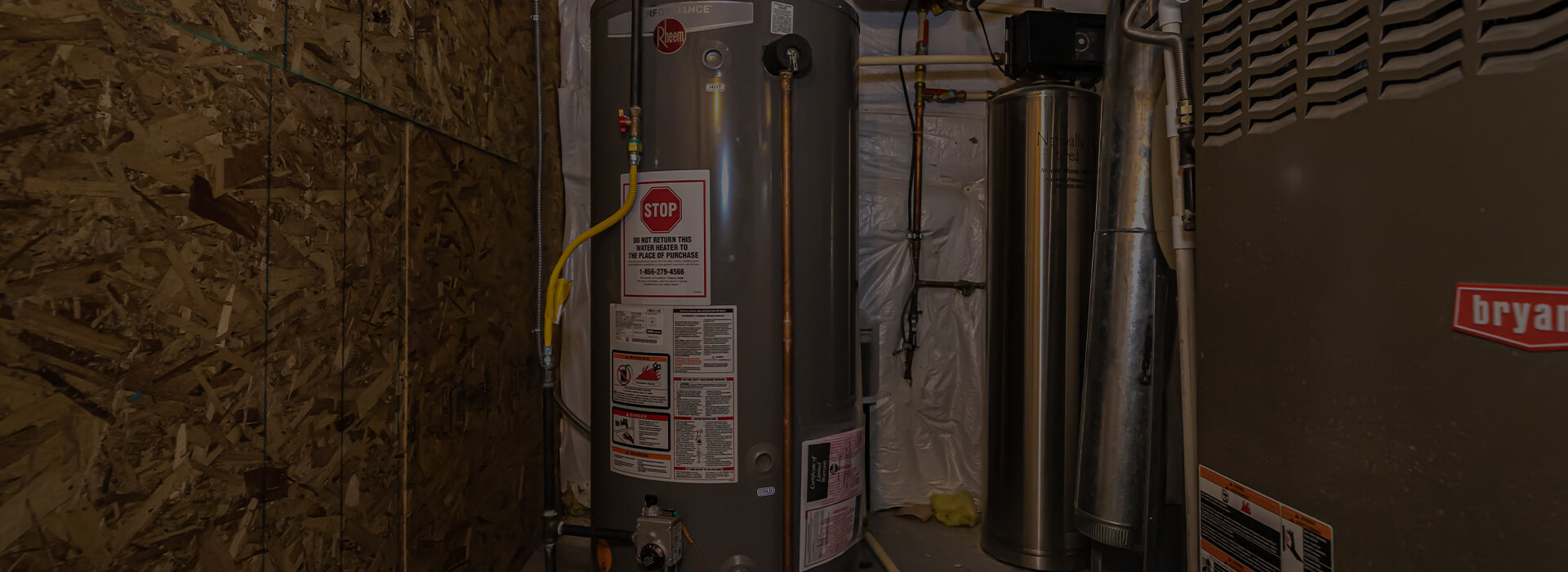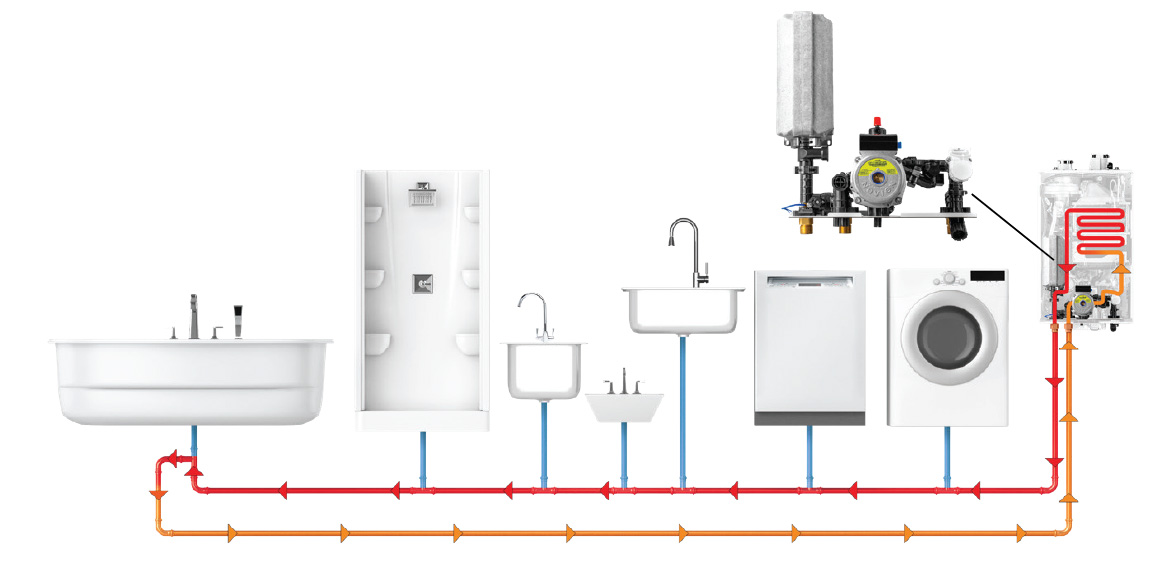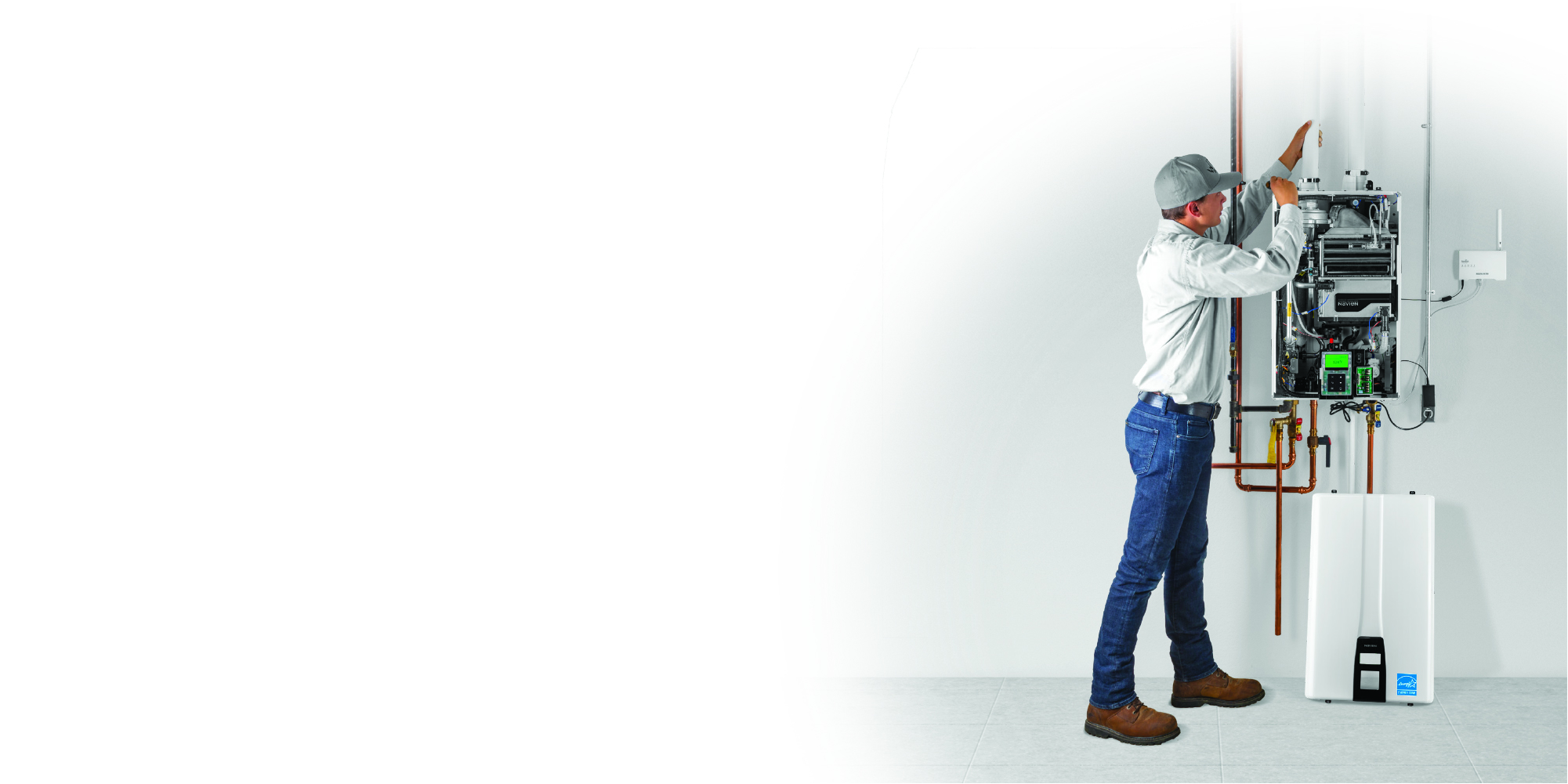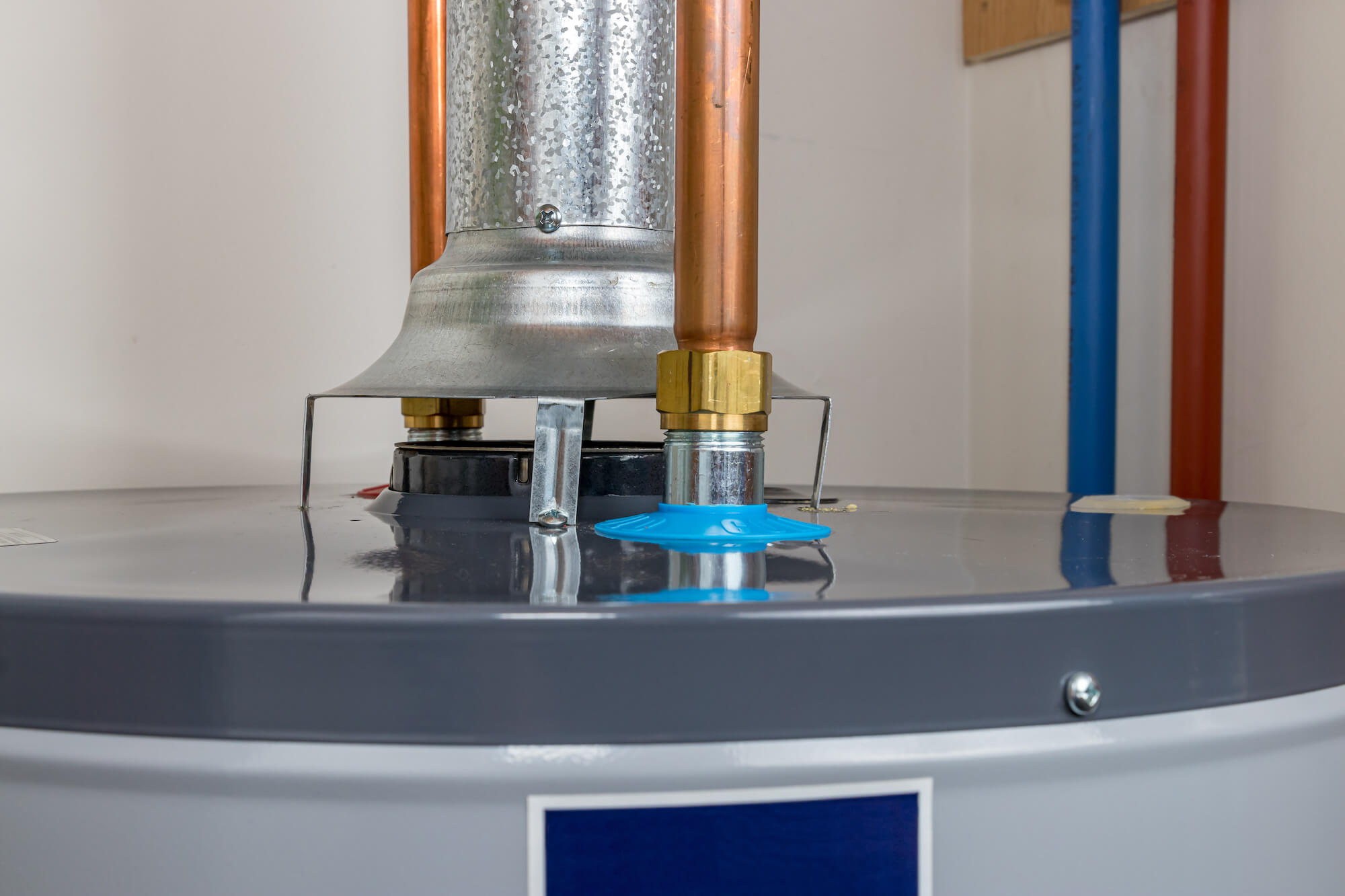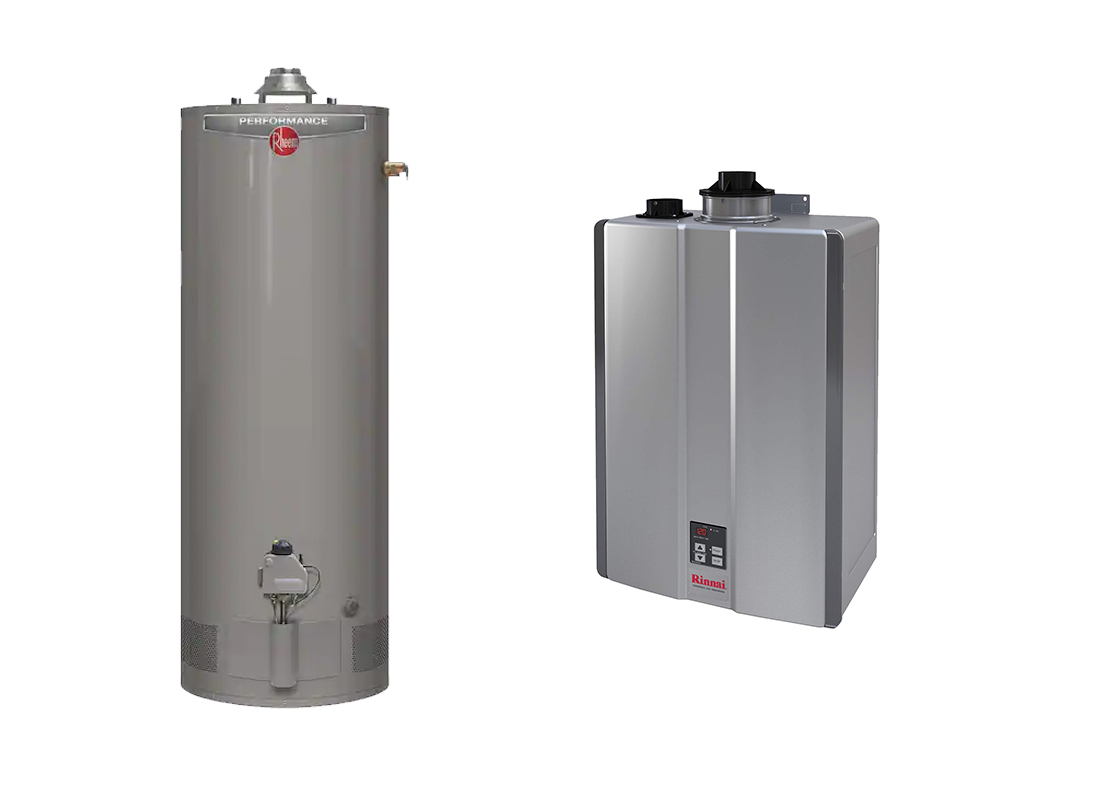
01 Nov Tank Vs Tankless Water Heaters
After years of working as a plumber and installing water heaters of all kinds, there is one question I get asked frequently. Whats better: tank or tankless? While I wish the answer was as easy as picking one of the two, I’ve found that the real question is “What kind of water heater is best for my family’s needs and my plumbing system”
In this article I’d like to lay out an honest comparison of the two types and their pros and cons, as well as costs.
Tankless Water Heaters: Hello high efficiency and unlimited hot water
Here in the Denver Metro we are seeing more and more customers making the switch to tankless every year.
Pros of Tankless:
- Unlimited hot water
- High efficiency
- Space saving
- Eco-Friendly
- Longer warranty
Unlimited hot water
Because these water heaters heat water “on-demand”, you can use as much as you need for as long as you need.
High Efficiency
There is no wasted gas. The unit only heats water when you need it. No wasted energy keeping a large tank of water at temp while you’re not using it! This leads to savings of 8%-34% depending on your homes water use (energy.gov)
Space Saving
Wall hung units free up floor space and make cleaning your mechanical room a breeze
Eco-Friendly
Using condensing technology means your tankless is getting a much better amount of every bit of gas used, lowering emissions
Longer warranty
Premium units have an industry leading 1 year parts and labor, 5 year parts and 15 year heat exchanger warranty
Cons of Tankless:
- Higher upfront costs
- Maintenance frequency
- More complex design
Higher Upfront Costs
Costs can range from 1.5x to 3x the cost of tank water heaters depending on installation factors
Maintenance Frequency
To keep your tankless water heater running correctly and efficently yearly maintenance is required. This includes a pumped flush, cleaning and operation check. It is also important due to warranty requirements from the manufacturer. As of writing this article, we charge $160 for this servic
More Complex Design
Because these units have computers boards, electronic valves and heat exchangers, they generally are harder for homeowners to repair themselves. This could be a factor if you are a “do it yourself” kind of homeowner
Tank Water Heaters: Tried and true
Tank water heaters are appliances with a simple design, the same basic design for over 100 years now
Pros of tanks include:
- Lower upfront costs
- Easy maintenance
- Simple design
- Range of warranty options (6, 9, 12 year tank only warranty)
Low upfront costs
Tanks tend to cost less to install when compared to tankless
Easy Maintenance
Drain valve is opened at bottom of the tank, no pumped flush required
Simple Design
The same basic design your parents and grandparents had, and not likely to change
Warranty Options
Most manufacturers will sell a 6, 9 or 12 year tank warranty model. This gives you flexibility to choose some of your upfront costs
Cons of tanks:
- Less efficient
- Larger footprint
- Shorter warranty period
- Limited amount of hot water
Less efficient
According to energy.gov, tanks can be 8%-34% less efficient than tankless depending on water usage!
Larger Footprint
Tanks are bulky, sit on the ground and take up floor space
Shorter Warranty
The maximum warranty most manufactures have available is a 12 year tank warranty
Limited amount of hot water
Nobody likes a cold shower. After your tank is empty you need to wait for around an hour for it to heat up again. Not everyone’s favorite on a cold Colorado morning
Author
Simmilar Posts
There’s a lot of talk about re-circulation for domestic hot...
The history of tankless water heaters, also known as on-demand...
The Navien NPE-240A is a gas-powered, tankless water heater manufactured...
Over time we’ve found that one of the main questions...



